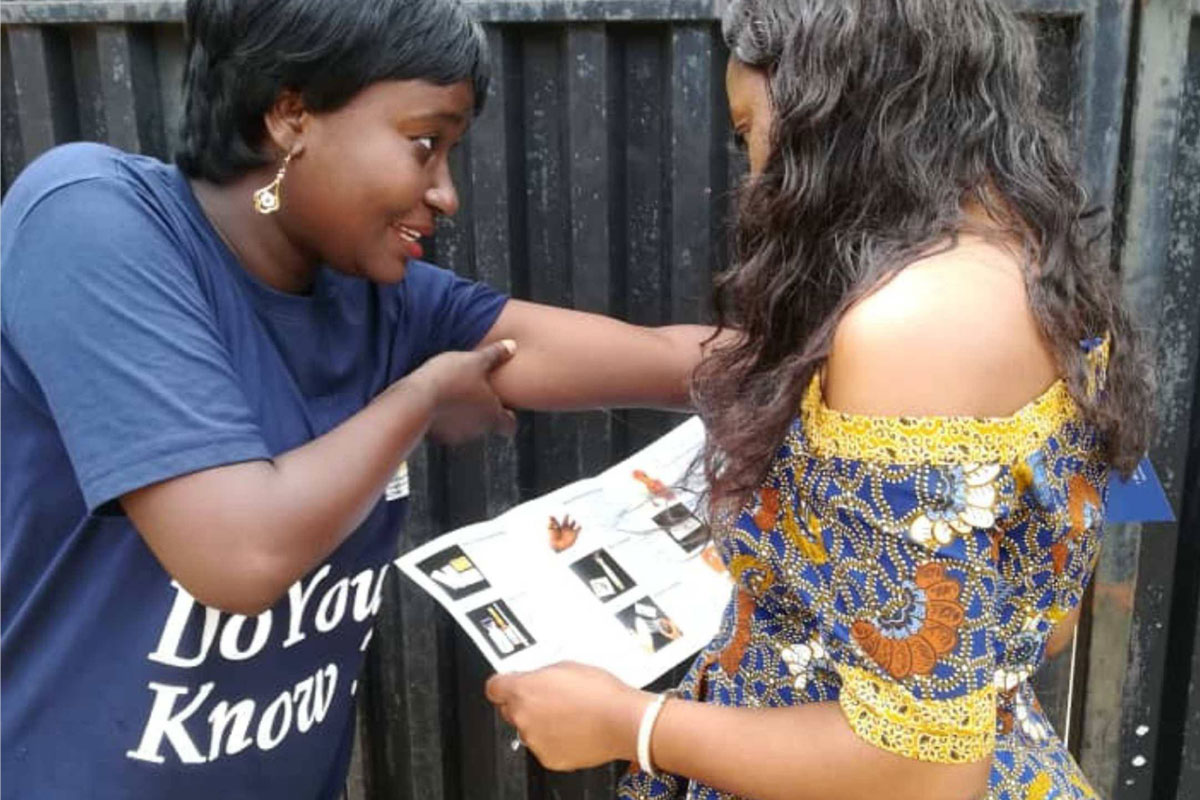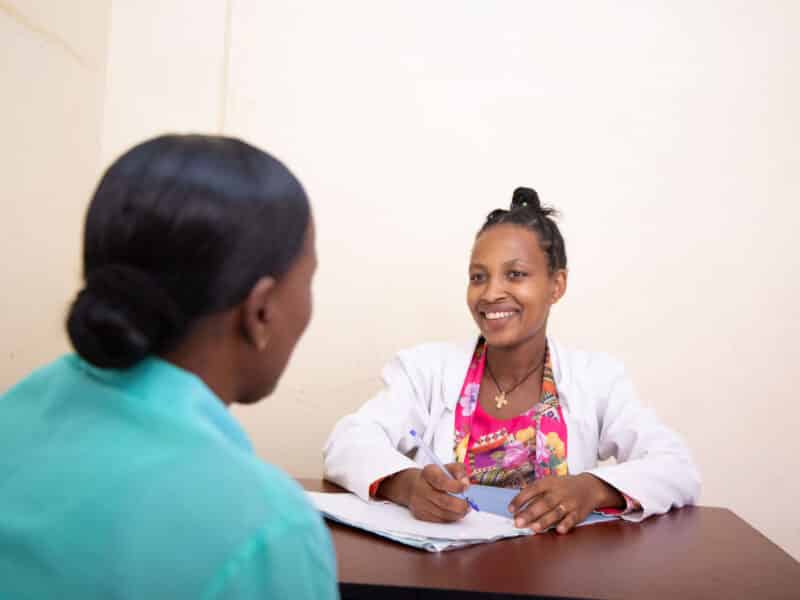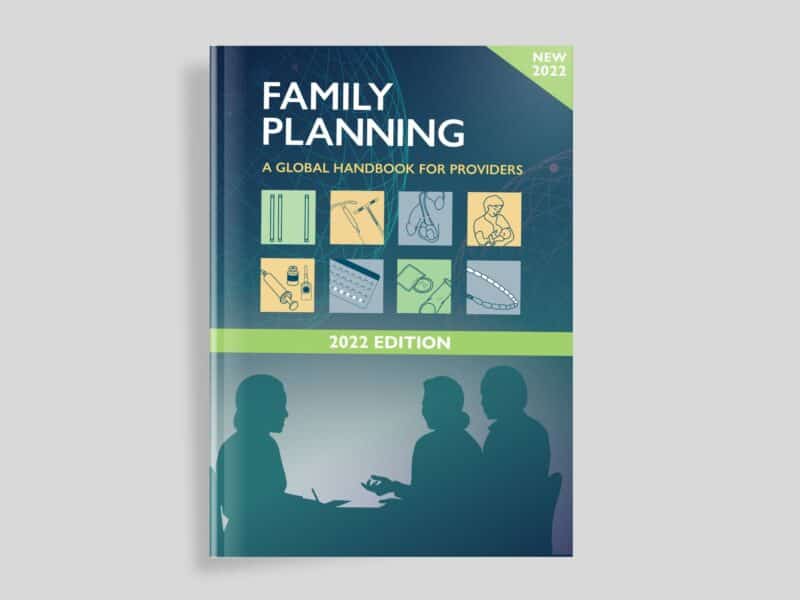Each September 26 since 2007, the world has marked World Contraception Day, a day centered around the vision of a planet where every pregnancy is wanted. I love that a day is set aside for the purpose of raising awareness of modern contraception and especially for encouraging a new generation of women to use family planning to ensure they can live the lives they choose.
But we need to be thinking about contraception every day – both as we advance new methods of family planning and as we find ways to ensure that every woman who wants the contraception we have relied on for years – from condoms to pills to an IUD – has access to it. That job became even more challenging this 18 months as COVID-19 swept across the globe.
We likely won’t know the true impact of COVID-19 on family planning and unintended pregnancies for months or years to come. But the stories we have heard are concerning. Family planning clinics closed, reducing access to supplies. Supply chains disrupted. Adolescents out of school more likely to become pregnant. The interruption of the work of health care workers whose job is to support the uptake of modern contraception.
In March 2021, a year into the pandemic, UNFPA, the UN sexual and reproductive health agency, released new data indicating that nearly 12 million women in 115 countries lost access to family planning services, leading to 1.4 million unintended pregnancies resulting from the disruptions caused by COVID-19.
This is on top of the barriers and unmet need we have faced for years. Too many places where it is taboo to talk about family planning. Husbands who won’t allow their wives to use modern contraception. Providers who won’t offer it to adolescents or unmarried women or even a woman who doesn’t have “enough” children yet. A digital divide that cuts many women off from learning about the benefits of family planning.
But giving people access to their preferred contraception is critical to solving many of the world’s most pressing health problems. When families use modern contraception, they can decide the timing, number and spacing of their children. This, in turn, reduces maternal and newborn deaths and improves the health of both mothers and their babies and, yes, even the planet.
Resources for development are limited, and advocates often characterize family planning as a “best buy” because it creates ripple effects across many sectors. Every $1 invested, the UN tells us, can save governments up to $6. And when women and young people can plan their families and futures, entire communities and nations thrive.
Recent research conducted by CCP in Nigeria tells us it doesn’t have to be that way.
One set of conclusions found that after being trained on the benefits of modern contraception, service providers in 236 clinics in Lagos were less likely to restrict the use of IUDs based on the age or marital status of a client and were also less likely to restrict family planning for women with a small number of children.
Before the Post-Pregnancy Family Planning project, focused on women who had recently given birth, there was limited demand for post-pregnancy family planning services and an inability for many clinics to purchase contraceptive commodities in bulk at an affordable cost. After a rigorous set of advocacy, demand generation and service delivery activities, the research found, there was a nearly seven-fold increase in clients seeking modern contraception and stockouts became much rarer in these clinics, as the project linked clinics to the supplies they required.
The women in this study had already given birth to at least one child. But what of our adolescents who are restricted at every turn, even if they are aware enough to seek contraception? We need to understand their values, hear their stories, and respect their needs, as we continue to work to make sure all women of childbearing age are treated equally – because the consequences are equally dire if their contraceptive needs are not met.
In Francophone Africa, we’ve had success with Merci Mon Héros, in which young people create videos thanking their parents, sisters, friends and others who helped guide them through reproductive health challenges. By sharing these experiences, the idea is to foster empathy for youth among adults and to encourage adults to break taboos and reach out to young people in their lives to talk about reproductive health and family planning.
Like many in the community, I worry about the losses we’ve had in helping women and their families plan the future. But I also know that with more resources and attention paid to ensuring all women who want it can get modern contraception, we can make up lost ground and help more adolescent girls and women than ever before.





